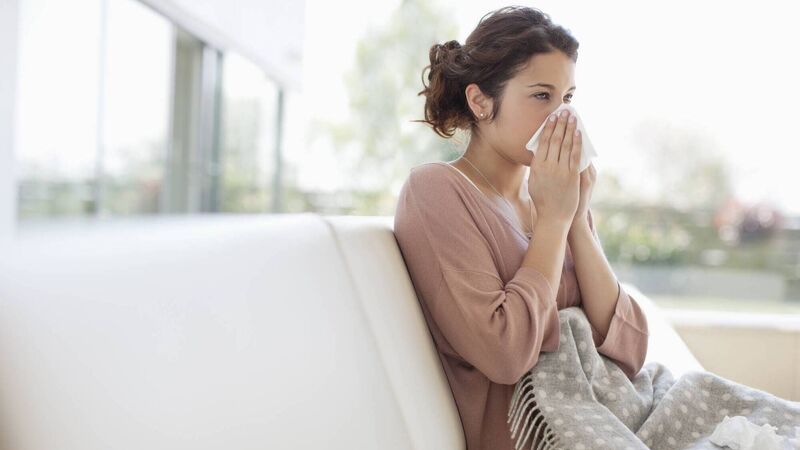10 ways to beat seasonal sniffles as colds and flu are on the rise

iStock
Respect the Covid lessons - we’ve all upped our hand-washing and accepted mask-wearing because good hand hygiene and respiratory etiquette is a must in the war against viruses.








